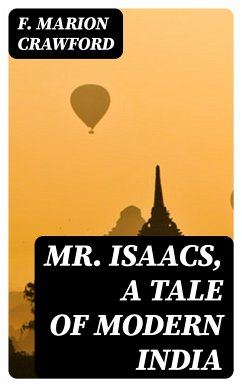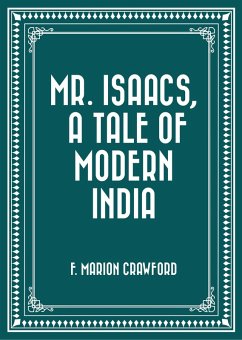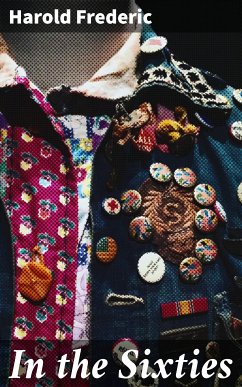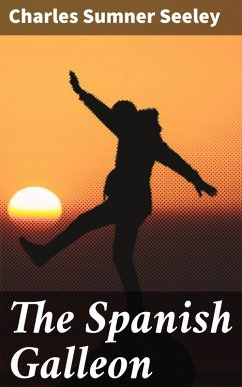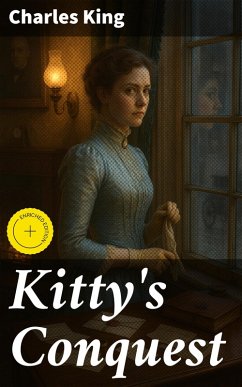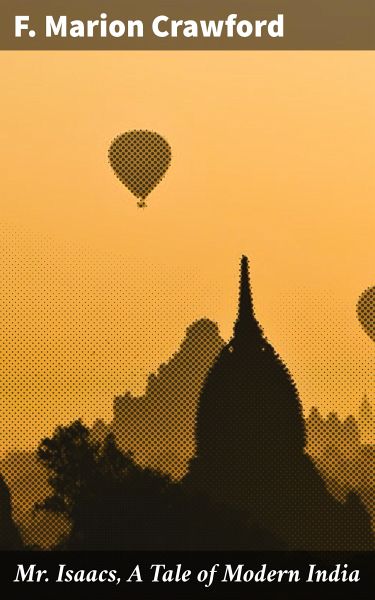
Mr. Isaacs, A Tale of Modern India (eBook, ePUB)
Cultural Clashes and Personal Relationships in Colonial India
Versandkostenfrei!
Sofort per Download lieferbar
0,49 €
inkl. MwSt.
Weitere Ausgaben:

PAYBACK Punkte
0 °P sammeln!
In "Mr. Isaacs, A Tale of Modern India," F. Marion Crawford embarks on an intricate narrative that explores the cultural contrasts and social dynamics of British India through the lens of a multifaceted protagonist, Mr. Isaac. The novel, characterized by its vivid descriptive style and rich characterizations, intricately weaves themes of love, colonialism, and the clash between tradition and modernity. Set against the backdrop of the late 19th century, Crawford delves into the complexities of identity and belonging, portraying both the exotic allure and harsh realities of Indian society during...
In "Mr. Isaacs, A Tale of Modern India," F. Marion Crawford embarks on an intricate narrative that explores the cultural contrasts and social dynamics of British India through the lens of a multifaceted protagonist, Mr. Isaac. The novel, characterized by its vivid descriptive style and rich characterizations, intricately weaves themes of love, colonialism, and the clash between tradition and modernity. Set against the backdrop of the late 19th century, Crawford delves into the complexities of identity and belonging, portraying both the exotic allure and harsh realities of Indian society during a time of significant transition. His prose balances romanticism with realism, making the novel resonate with contemporary readers seeking insight into this pivotal historical period. F. Marion Crawford was an American author whose extensive travels in India and deep interest in Eastern cultures greatly informed his literary works. His keen observations of the colonial landscape, combined with his understanding of Indian traditions and philosophies, allowed him to craft a narrative that not only entertains but also educates. Crawford aimed to bridge cultures, navigating the intricacies of societal norms and personal aspirations within a colonial framework, thereby enriching the narrative of colonial India. "Mr. Isaacs" is recommended for readers interested in the interplay of colonial influences and indigenous culture, as well as those who appreciate richly layered storytelling. This novel stands as a compelling reflection on human relationships, and offers profound insights into the tangled web of identity within a colonial society, making it an essential read for both literary enthusiasts and scholars of post-colonial studies.
Dieser Download kann aus rechtlichen Gründen nur mit Rechnungsadresse in A, B, BG, CY, CZ, D, DK, EW, E, FIN, F, GR, H, IRL, I, LT, L, LR, M, NL, PL, P, R, S, SLO, SK ausgeliefert werden.




